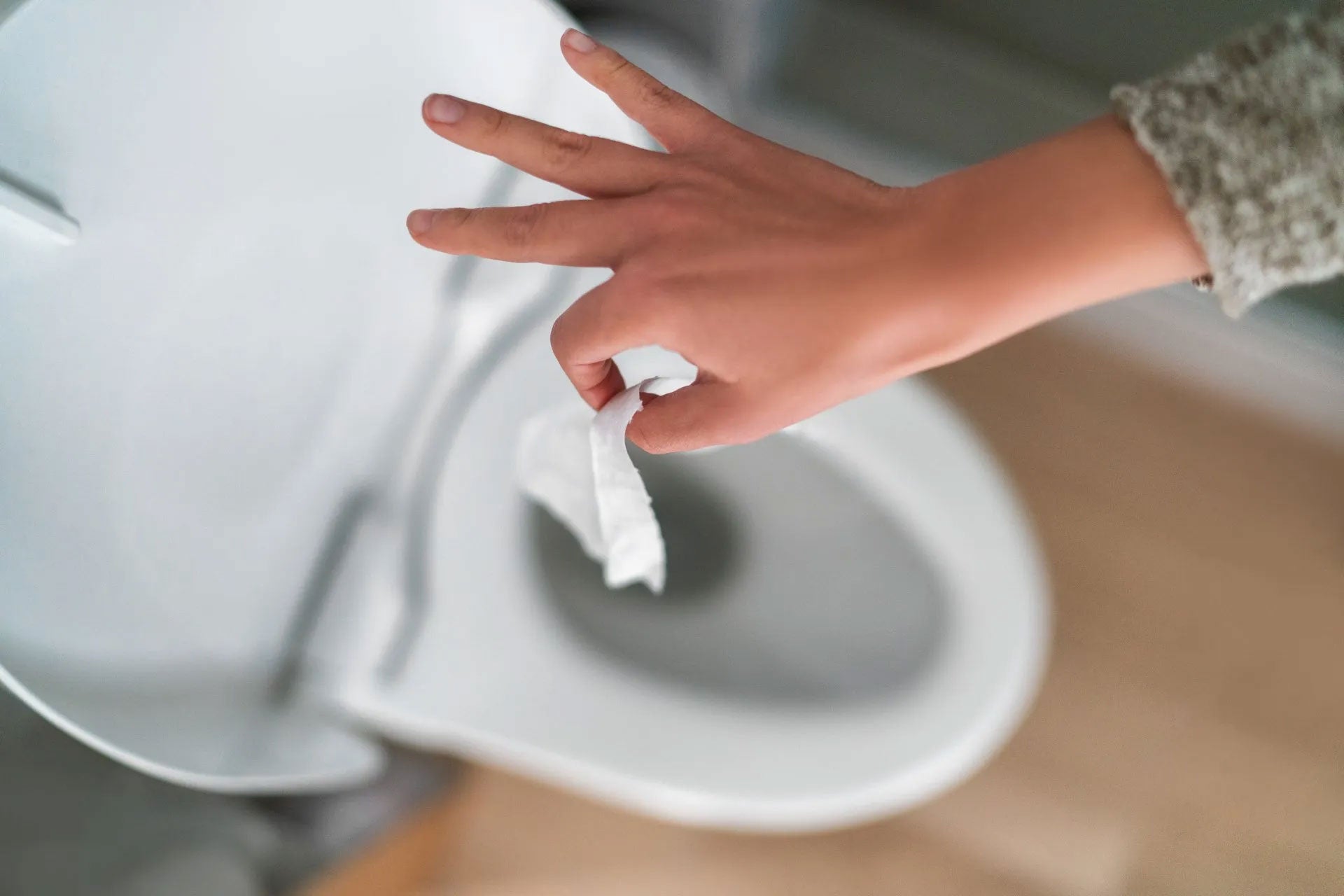
"Flushable" Doesn't Mean Flushable
Lets delve into this labeling. While you can indeed flush a wipe down the toilet without a blockage the real issue arises afterwards. Unlike toilet paper that breaks down quickly in water wet wipes are crafted from materials like plastic fibers or synthetic substances that resist disintegration. This leads to build up in sewage systems causing blockages, backups and expensive repairs for both homeowners and local authorities.
The repercussions of flushing wipes go beyond our plumbing systems. Once they enter wastewater treatment facilities wet wipes wreak havoc on the machinery meant to process sewage. These facilities are simply not equipped to handle the materials found in wipes resulting in higher maintenance expenses and possible harm, to the environment.
The impact of flushing wipes, on our oceans and waterways is concerning. When not disposed of properly these wipes can end up in rivers, lakes and oceans posing a threat to life. Turtles, fish and seabirds often mistake wipes for food leading to blockages or injuries. Moreover the build up of wipes along shorelines adds to the issue of pollution putting marine ecosystems at risk.
So what's the solution? It's simple; avoid flushing wipes. Instead throw them in the trash where they can be disposed of correctly in a landfill. Alternatively consider using eco options like Tushé toilet paper foam—a product that offers the same cleaning benefits as wet wipes without harming the environment. Made from materials Tushé toilet paper foam provides a efficient clean that is safe for your plumbing and our planet.
In summary labeling wipes, as "flushable" is misleading consumers and causing harm to our environment. By learning more, about the consequences of wipes and opting for sustainable alternatives such, as Tushé toilet paper foam we can safeguard our planet and guarantee a cleaner healthier future for everyone.
